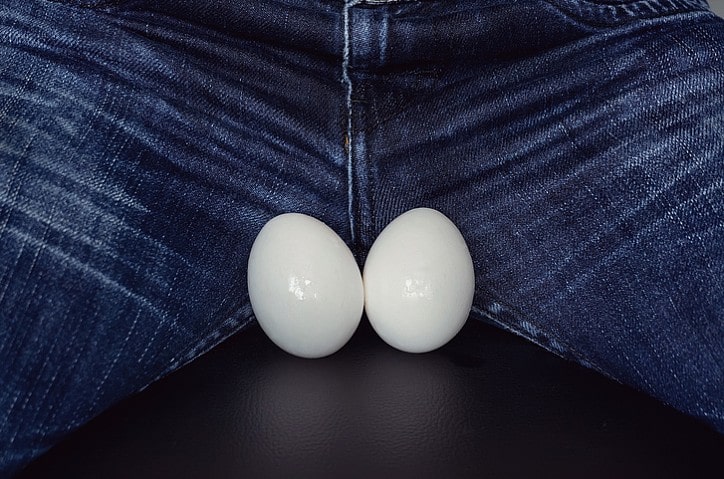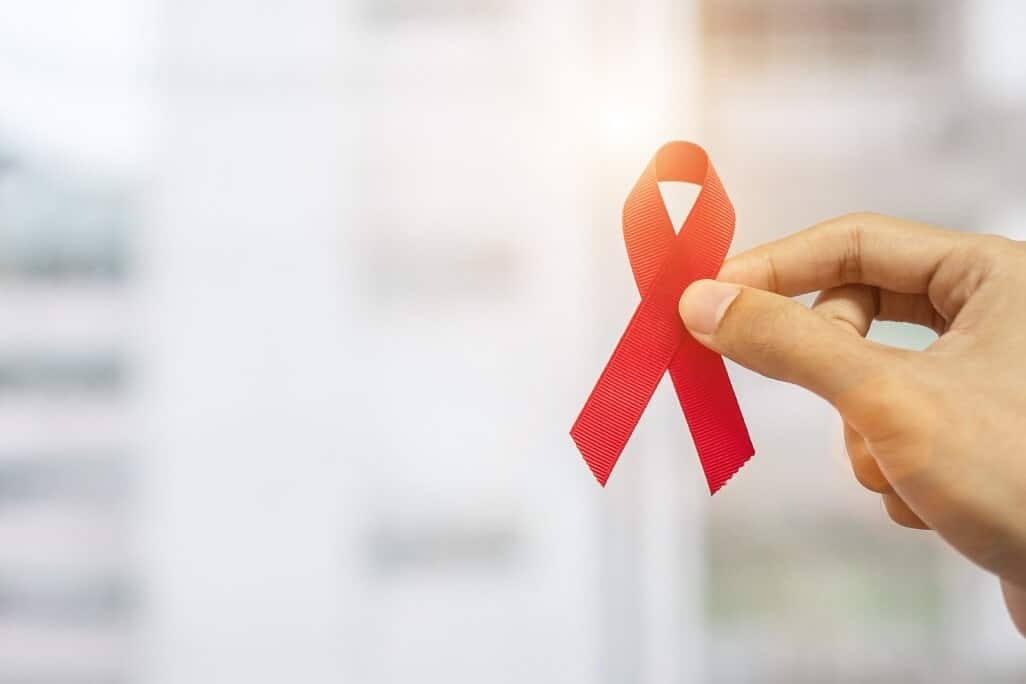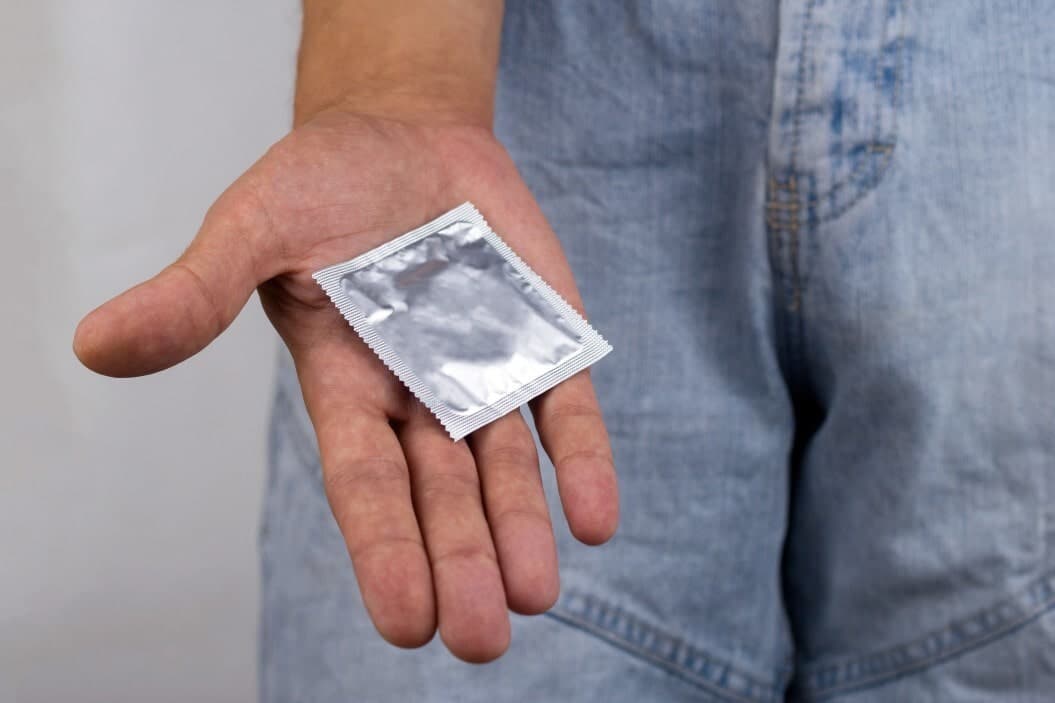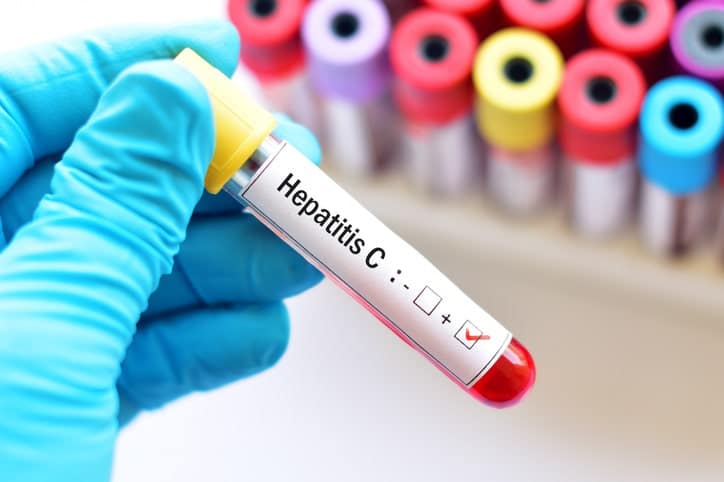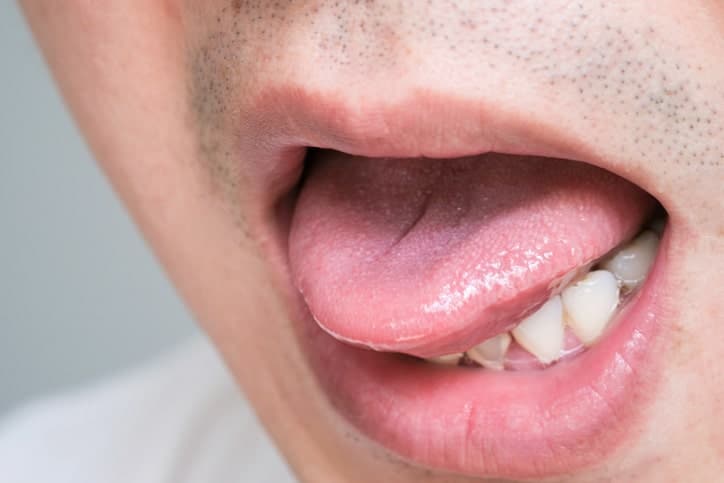Preventing pregnancy isn’t just a woman’s part to play. Men can too.
When you think about birth control measures, your mind associates it with the pill, IUD or hormonal implant — basically options for women, as birth control has long been recognised as a woman’s world. However, thanks to technological advancements in the medical industry, we now have highly effective birth control methods for men, including a vasectomy that allows men to play their part in avoiding unplanned pregnancies.
Today in this post, we are going to discuss vasectomy.
First, what is a vasectomy?
A vasectomy is simply a minor surgery performed to block sperms from mixing with your semen during the process of ejaculation. While you will still have semen, your semen will not contain any sperm after the surgery. But this doesn’t mean your body will be depleted of sperm entirely; after a vasectomy, your testes will still manufacture sperm, except they won't get the chance to mix with your semen. This way, even during unprotected sexual intercourse, there will not be pregnancy.
Do you still come after a vasectomy?
Yes, this is a common misconception among patients that needs to be addressed. A man who’s had a vasectomy can still ejaculate and achieve sexual climate.
Let’s dive a little into the male anatomy.
Sperm as well as testosterone are naturally manufactured in your testes. Your sperm is male reproductive cells that are manufactured in your testicles and can fertilize a female's eggs, resulting in the conception of a foetus. Sperm must naturally travel from your testicles through to your urethra for pregnancy to occur. Sperm usually leave your testes via a coiled tube known as epididymis, the organ where they are also stored.
This vital organ is linked to your ejaculatory system by an elongated tube known as vas deferens, which is commonly known as the vas. This vas connects to the seminal vesicle, forming the ejaculatory duct. The semen and sperm all travel via your urethra, exiting your body through the penis. An ejaculation that involves sperm can evoke pregnancy.
In a vasectomy, cutting or sealing the vas deferens will prevent sperm from reaching your urethra. The primary goal of vasectomy is to ensure that there is no sperm in a man's semen so that pregnancy doesn't happen. Today, vasectomy is arguably the safest and most effective birth control technique for men, used by nearly 50 million men across the globe. The success rate of vasectomy is exceptionally high, with less than 1% of those who undergo the procedure experiencing complications such as bleeding.

How is a vasectomy conducted in Singapore?
A vasectomy is usually a less complicated procedure that can be conducted by your urologist. After a consultation with your doctor, you may decide whether you should be fully sedated or not. Usually, sedation is not a must, but can be considered depending on your individual needs or preferences.
Inside the treatment room, the doctor will carefully shave and wash your scrotal area. Local anesthesia will then be introduced to help numb the region, but you will be aware of any movement, tension, or touch. Regardless, this local anesthesia will help prevent any sharp pain. The two available vasectomy procedures include:
Conventional vasectomy
During a conventional vasectomy, your urologist will make either a few incisions or cuts around your scrotal area so as to locate your vas. The doctor will thereafter cut the vas deferens, thereby creating some type of small gap between your vas' endpoints. Next, your doctor may cut the two parts of vas deferens and place some tissue between them. These procedures are subsequently carried out on the other vas, after which the doctor will artistically seal the openings.
No-scalpel vasectomy
For this type of vasectomy, your doctor will have a grip of your scrotum and feel and find your vas deferens, before keeping it in place using a small clamping device. The doctor will then pierce your scrotal skin using special equipment and lift carefully and gently lift out your vas. Thereafter, it is cut, seared, or tied, before being returned to its natural position.
How painful is a vasectomy?
After your vasectomy procedure, you may experience discomfort for a few days. To help minimize the severity of your pain, your doctor may offer some pain-alleviating drugs to help with the pain. Severe pain could indicate an infection or other unspecified problems, and you may need to visit your urologist. Most men usually find it normal to resume their daily activities immediately after the treatment However, it is imperative to note that you'll need to avoid sex for nearly a week as well as any other activity that consumes lots of your strength.
How long should you wait before ejaculating after a vasectomy?
It is worth noting that a vasectomy won't offer protection against pregnancy immediately after your surgery. In the aftermath of the procedure, the newly formed sperm will not mix with your semen, but there will be few traces of the same in your reproductive ducts which may take some time to clear. This simply implies that you'll need a reasonable amount of time for your semen to become sperm-free, which usually varies from one individual to another.
Most doctors suggest that your ejaculate will be free from sperm after three months, or after twenty ejaculates! And one in every one hundred men may still find sperm present in their semen ejaculates after this time span, and will simply need to be patient with themselves for their reproductive tracts or ducts to be free of sperm. It also means that you shouldn't engage in unprotected sex during this time!
What are the benefits of a vasectomy?
Compared to other birth control methods, a vasectomy boasts a number of benefits, including:
- A vasectomy is more than 99% effective at preventing pregnancy.
- A vasectomy also eliminates your dependency on other types of birth control methods, for both genders.
- A vasectomy procedure also doesn't alter your testosterone production — this means that it won't impact your sex drive, libido, or even your ability to get an erection or achieve an orgasm. Simply put, a vasectomy won't affect your normal hormonal production or functioning in any way.
What are the negatives of a vasectomy?
As we have already mentioned, vasectomy is a highly effective male birth control procedure. What's more, it is safe and doesn't impact your testosterone production in any way. It is also reversible and if you decide that you want children in the future, you can always undergo a vasectomy reversal.
However, there are a few risks involved in a vasectomy. First and foremost, like any other surgical procedure, vasectomy carries some risk of infection. Early complications such as hematoma, sperm granulomas, and congestive epididymitis can occur. However, these complications are rare and affect only 1-6% of males who undergo the procedure.
Also, please note that a vasectomy doesn't provide any protection against sexually transmitted diseases or infections. This means that if you are concerned about contracting an STI, you'll still need to wear a quality condom during sex after undergoing a vasectomy.
References
- Patel, A. P., & Smith, R. P. (2016). Vasectomy reversal: a clinical update. Asian journal of andrology, 18(3), 365–371. https://doi.org/10.4103/1008-682X.175091
- Schwingl, P. J., & Guess, H. A. (2000). Safety and effectiveness of vasectomy. Fertility and sterility, 73(5), 923–936. https://doi.org/10.1016/s0015-0282(00)00482-9
This article was written and medically reviewed by Dr Ben, M.D on 26/08/21

